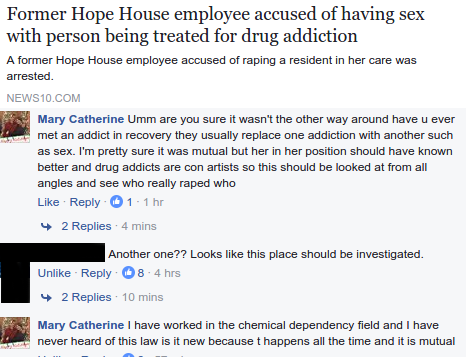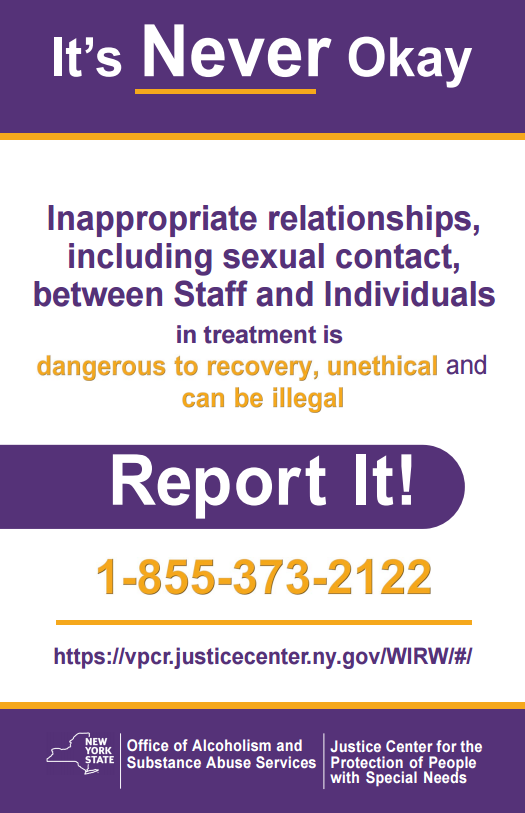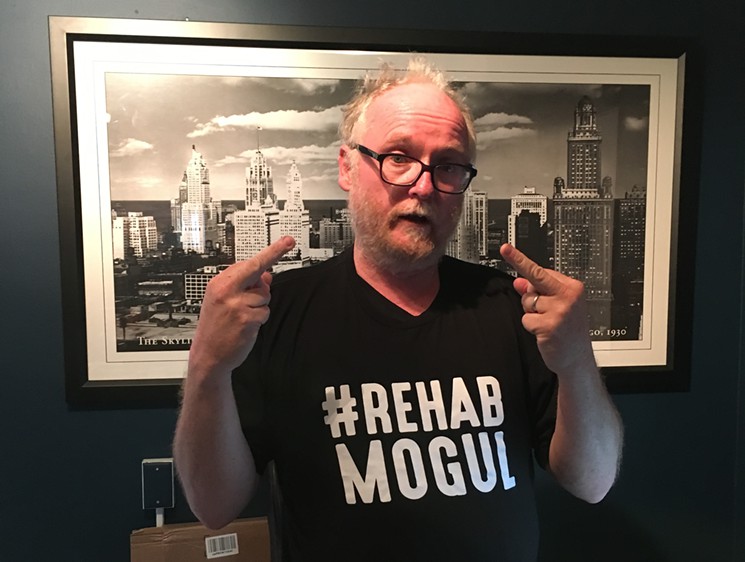(I’m not using “preferred pronouns” because I think that is confusing.)
It’s ten years later and I figured I’d give an update.
Samaritan Counseling has still not acknowledged any of my complaints or the criminal conviction or death of James Garrett, LCSW
In 2016, after being banned forever from Samaritan Counseling, I got a message that a girl named Frank wanted to be my friend. That was the beginning of a strange journey. S/he is dead now, but I met and had many conversations with Frank/Ava about Oona Edmands’ therapy and David Olsen’s (executive director) strange behavior.
It started to make me very uncomfortable. After all, I wasn’t even allowed to talk to a therapist and I was becoming this person’s “therapist” about the same state licensed therapist.
Frank/Ava would text me all the time to tell me how unprofessional Oona was acting and even though s/he had been in therapy for decades; s/he had never seen anything like it.
Obviously there is a lot more to the story, most of which I don’t know, but I can say, based on my interactions with Frank/Ava, Samaritan is a shit show to this day, and it’s not getting better.
But the reality is there will always be scam artists. Watch the shows about Twin Flames and other cults. Samaritan Counseling will get away with it too, for now.








